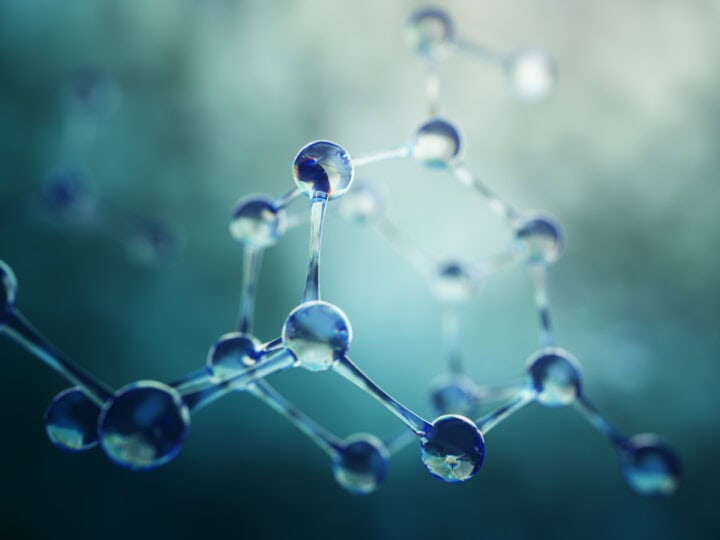Bacteria hidden inside cancer cells may hinder the effectiveness of chemotherapy. The surprising finding was published last week in Science magazine based on research led by molecular cell biologist Ravid Straussman of the Weizmann Institute of Science in Rehovot, Israel.
Straussman’s team was testing the effect of normal non-cancerous human skin cells on the sensitivity of cancers to chemotherapy when they serendipitously stumbled upon bacteria that had accidentally contaminated the skin cells.
“We nearly threw it away,” Straussman admitted, referring to the findings. “But then we decided to follow it up instead.”
That follow-up led to the discovery that bacteria containing the gene cytidine deaminase (CDD) could inactivate a chemotherapy drug called gemcitabine. Technically, just the “long” form of the gene causes the problem, the researchers found after examining more than 100 human pancreatic tumors.
Unlike some of the emerging superbugs that are resistant to antibiotics, the CDD bacteria can be knocked out using antibiotics, after which the chemotherapy works again. The Science paper suggests that chemotherapy treatment combined with antibiotics may be significantly superior to chemotherapy on its own.
Straussman has more questions now. Are there bacteria in other cancer types and, if so, what effects might they have on the cancer and its sensitivity to other anti-cancer drugs?
The research, which was conducted using mouse models of cancer, was led by graduate student Leore Geller and conducted in collaboration with Todd Golub and Michal Barzily-Rokini of the Broad Institute of the Massachusetts Institute of Technology.
The published paper includes input from researchers at Israel’s Open University and Tel Aviv University as well as Harvard and Columbia universities and medical centers in Israel, Houston, Boston and Omaha.

















